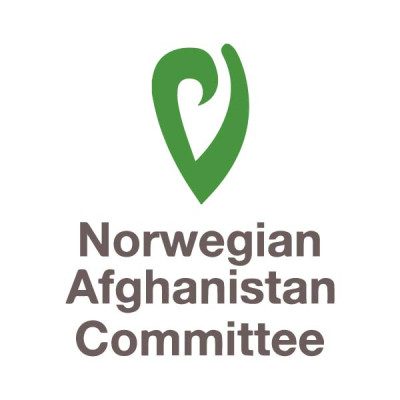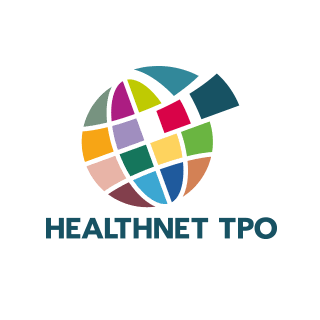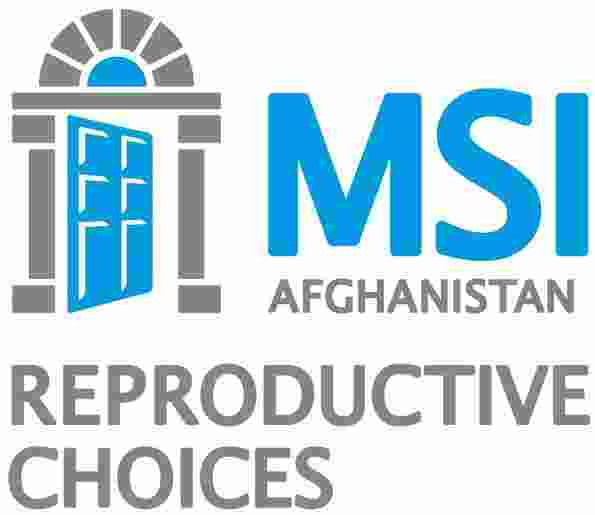The PSS counselor is responsible for providing quality psychosocial support, which includes the identification, assessment, and management of the MHPSS conditions of clients. To deliver this service, PSS counselors are required to follow the technical instructions of CARE MHPSS, as well as guidance from lead PSS supervisors, officers, and project/provincial supervisors.
The PSS counselor will primarily conduct MHPSS awareness sessions to enhance beneficiaries' understanding of mental health, its causes and consequences, and the provision of psychosocial support for mild to moderate cases. Following this, the counselor is required to assess clients using standardized tools based on their needs, such as the PHQ-9, GAD-7, WHO-5, SUD Scale, or others.
Additionally, they are responsible for linking clients with specialized mental health services in the area. Collecting data and writing success stories of clients are also part of the PSS counselor's duties. They may also be deployed for emergency response in affected areas as needed, and the senior program team can assign them to these emergency situations.
• MHPSS Awareness: Conduct Mental Health and Psychosocial Support (MHPSS) awareness sessions within health facilities to promote understanding and engagement.
• Encourage Participation: Actively encourage male and female beneficiaries of health and nutrition services to participate in psychosocial support sessions, ensuring that they feel comfortable and supported.
• Secure and Client-Friendly Spaces: Select and organize secure, private spaces for consultations and awareness-raising sessions, ensuring compliance with confidentiality and privacy standards.
• Individual & Group Sessions: Provide both individual and group psychosocial support through discussions and counseling, addressing the needs of vulnerable clients and offering appropriate treatment, dignity kits, and volunteer referral services.
• Confidentiality of Client Records: Maintain strict confidentiality for all client consultations and referrals. Ensure that all records are handled sensitively and are for official use only.
• Coordination with Health Facility: Foster effective coordination with health facility leadership and Medical Doctors (MDs) to ensure safe and confidential internal referrals for clients.
• Vulnerability Identification: Identify the most vulnerable and affected individuals in internally displaced and host communities through regular health education, triage in Outpatient Departments (OPD), and awareness-raising activities.
• Promote Resilience: Focus on fostering individual and familial self-sufficiency, resilience, and coping mechanisms to improve mental well-being and quality of life.
• Safety and Confidentiality: Safeguard beneficiaries' safety, independence, and confidentiality always, ensuring their trust and dignity are upheld.
• Report Security Issues: Immediately report any unexpected issues or security concerns to the line manager or project office, following established protocols for safety and reporting.
• Community Advocacy: Advocate for local community support to minimize harm to vulnerable populations through awareness-raising activities and health education initiatives.
• Safety Plans: Assist target communities in developing and adapting safety plans for life-threatening situations, taking into account the local context and available resources.
• Confidentiality Measures: Implement all necessary measures to protect client confidentiality and privacy, taking into consideration the nature of the work, to prevent stigma, harm, or life-threatening situations.
• Daily Reporting: Prepare and submit daily reports on consultations, referrals, and dignity kit distributions to the team leader or in-charge, ensuring proper documentation and tracking.
• Community Mobilization: Actively participate in community mobilization activities, collaborating with the team leader and health facility colleagues to enhance community engagement and support.
• Internal Coordination: Maintain close internal coordination with team members, and project staff, and address community/client concerns by sharing suggestions or issues with the line manager in a timely and organized manner.
Safeguarding Responsibilities:
Safety and Security Responsibility:
We all have a responsibility to promote a safe and secure work environment, foster a safety and security culture, and ensure consistent application of, and compliance with, CARE Afghanistan safety and security policies and procedures.






